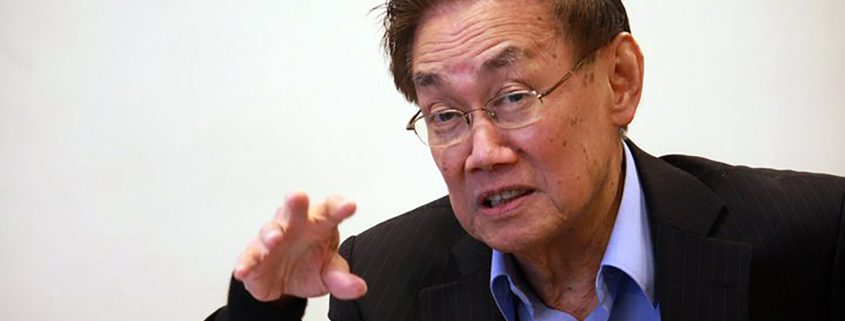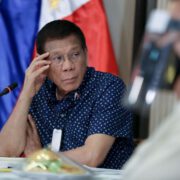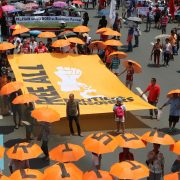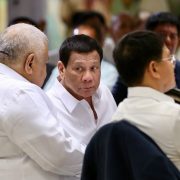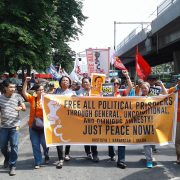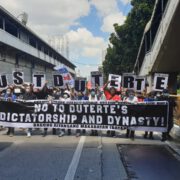NDFP and incoming Duterte administration poised for a ceasefire agreement
The negotiating panels of the National Democratic Front of the Philippines (NDFP) and the incoming Government of the Philippines (GPH) confirmed that an interim mutual ceasefire agreement is on the agenda when both parties hold preliminary talks in Oslo starting June 14.
NDFP negotiating panel chairperson Luis Jalandoni said that their group is now finalizing its draft interim ceasefire agreement with the incoming Rodrigo Duterte government.
“The purpose (of the meeting) is to prepare for the formal resumption of GPH-NDFP peace talks by agreeing on drafts on general amnesty proclamation, interim mutual ceasefire, and agreement to resume formal peace talks in July,” Jalandoni said.
Jalandoni added that the resumption of formal talks is with respect for and compliance with past peace agreements such as The Hague Joint Declaration, Joint Agreement on Safety and Immunity Guarantees (JASIG) and the Comprehensive Agreement on Respect for Human Rights and International Humanitarian Law (CARHRIHL).
Incoming GPH negotiating panel chairperson Silvestre Bello III confirmed that a ceasefire agreement would be discussed.
“That will be the issue we will try to address and resolve in our exploratory meeting with them (NDFP) in Oslo come June 14 to 16,” Bello said.
Incoming presidential peace adviser Jesus Dureza and negotiating panel member Hernani Braganza will join Bello to Oslo.
The last interim ceasefire and general amnesty agreements between the GPH and NDFP happened during the 1986 revolutionary government of Corazon Aquino when it assumed power after the first People Power uprising.
Accelerated pace
Jalandoni acknowledges president-elect Duterte’s statements to declare such general amnesty and resume formal peace talks with the NDFP for the developments even before he is sworn to office on June 30.
“The combination of mutual interim ceasefire, the general amnesty for all political prisoners and the resumption of formal peace negotiations with agreement to respect past agreements will be a powerful impetus to move the peace negotiations forward at an accelerated pace towards achieving national unity and a just and lasting peace,” Jalandoni said.
“We are confident that these will be agreed upon by both negotiating panels,” he added.
Jalandoni said that faster negotiations shall be favorable in reaching agreements on the three remaining substantial issues listed in The Hague Joint Declaration, such as social and economic reforms, political and constitutional reforms, and end of hostilities and disposition of forces.
Jalandoni, 22-year chief NDFP chief negotiator, said the Filipino people shall benefit if the peace talks agree on the remaining issues.
“They will be able to develop tremendously to achieve self-reliance in making use of all their potential, make use of the rich natural and human resources, and win national and social liberation,” Jalandoni said. (Report and photo by Raymund B. Villanueva)

